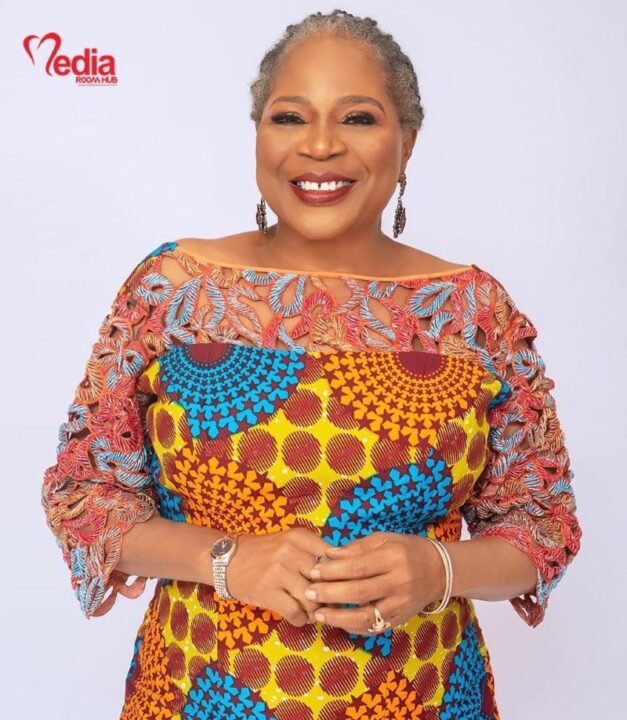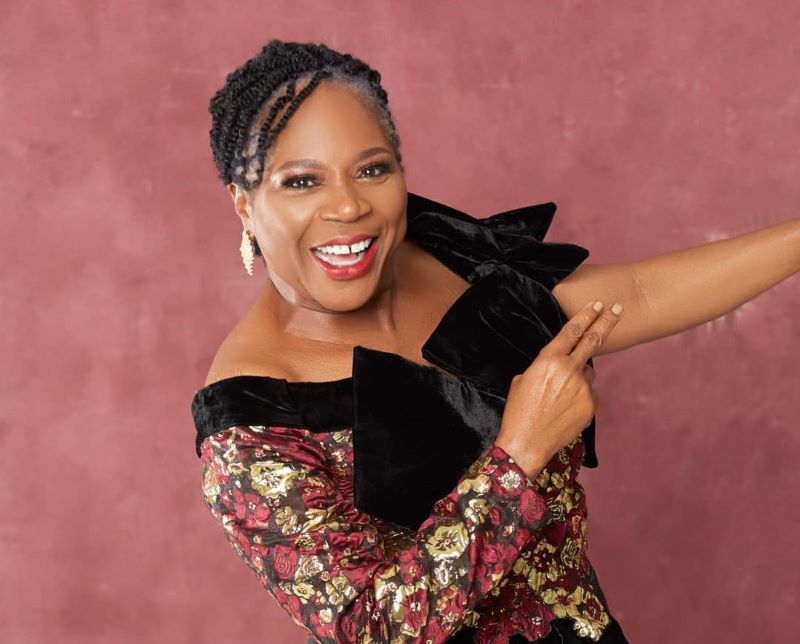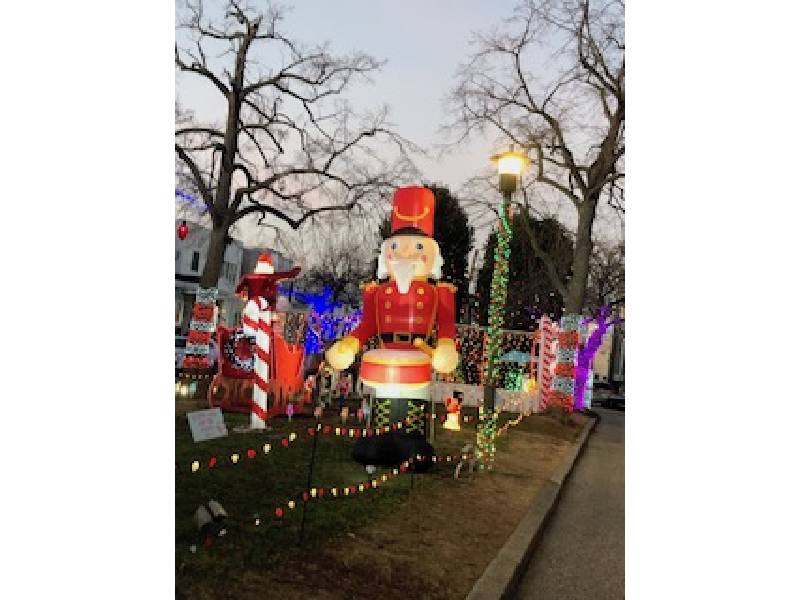The news of the death of Nigerian musician Onyeka Onwenu on 30 July 2024 hit me, as a musician and popular music scholar, like a thunderbolt. I have listened to and appreciated Onyeka’s music since I was in my 20s.
Onwenu was aged 72 – and video clips of her last performance at a birthday ceremony showed her energy level and exuberance, making the sudden transition hard to fathom.
Aspiring musicians in Nigeria looked up to the big names in the industry as models and sources of inspiration. Onwenu stood out as a rising star in the early 1980s, when I first heard her name. But it went beyond music. I watched her 1984 BBC-NTA documentary Nigeria: A Squandering of Riches on television. Written and presented by Onwenu, it was a masterpiece in terms of technical quality and its underpinning ideological intent. It spoke to the corruption of the Shehu Shagari administration (1979-1983).
Aired at the onset of the Muhammadu Buhari administration, the documentary made a strong political statement. It signposted Onwenu as a lover of, and a strong voice for, a new Nigeria.
It also showed Onwenu’s talents, expertise, and sound educational background. With these credentials and many more, Onwenu entered the Nigerian music scene with a bang. Although based in the financial hub, of Lagos, she made an impact on the entire country.
Her song that first caught my interest was Onye ga b’egwu, an Igbo children’s folksong. In the 1990s and 2000s when I led my dance band and that of the Department of Performing Arts at the University of Ilorin, we frequently played covers of her popular songs like Ekwe, Wait For Me, You and I, and Madawalowu, to the admiration of our audiences.
When I won a government grant to research the contributions of Nigerian musicians to the anti-apartheid struggle in South Africa, I analyzed her song, Winnie Mandela. She eulogized Nelson Mandela’s wife as a heroine and extolled the virtues of womanhood in very trying conditions.
Onwenu brought class, style, and respectability into the entertainment business and elevated the status of women in the performing arts. She proved that a woman’s worth and respectability do not necessarily lie in being a wife but in how she fulfills her destiny. She came into the music business at a time when respect for women in the industry was at a low ebb and quickly changed things. She was unstoppable in her exploits as a songwriter, singer, activist, media personality, actress, and political figure.
Her style of music was unique and defies categories. Most importantly, she was a voice of national unity, calling for tolerance and justice through her music and her films.
Early life and education
Onwenu was born in 1952 in Obosi, the Eastern Region of Nigeria. She had her roots in Arondizuogu, present-day Imo State, south-east Nigeria, where her father was from. She was the youngest of five children of educationist and politician D.K. Onwenu. Her father is said to have died tragically when Onwenu was only four years old, just a week before he was to start work as minister of education. She was raised in Port Harcourt, Rivers State.
She had a BA in international relations and communication from Wellesley College, Massachusetts, and an MA in media studies from The New School for Social Research, New York, in the United States.

Her music
Despite years of schooling and working abroad, Onwenu remained connected to her roots as an Igbo woman. She revamped and recontextualized Igbo folksongs for contemporary relevance, as exemplified by songs like Onye ga b’egwu, Ekwe, and Iyogogo. Yet she cannot be described as an ethnic musician. With smash hits like For the Love of You, In the Morning Light, One Love, You and I, Dancing in the Sun and the duet Wait for Me with King Sunny Ade, Onwenu established herself as a national and international artiste and personality.
By singing in her native Igbo and English, living in the multi-cultural and cosmopolitan city of Lagos, working with professionals and corporate bodies of diverse backgrounds, and her marriage to a Yoruba Muslim, Onwenu broke social and cultural barriers and communicated across a broad spectrum of audiences worldwide.
She not only brought global pop sounds into Nigerian music but also helped to spread Nigerian popular music abroad. Her signing on to the Benson and Hedges label, an international tobacco company that promoted Nigerian music massively in the 1990s, was significant.
Roles in public life
She used her music as an entry point to other roles – and as a political weapon. She performed her song Winnie Mandela to the great pleasure of Winnie and Nelson Mandela during their visit to Nigeria after his release from prison in May 1990.
She was criticized for her involvement in the controversial “one-million march” in 1998 in support of the political ambitions of the later dictator Sani Abacha. However, in her book My Father’s Daughter, she said she was tricked into performing at the event.
Onwenu was also a good actress, who featured in films like Rising Moon and Women’s Cot (2005), Half of a Yellow Sun (2013), Lion Heart (2018), Foreigner’s God (2019) and Ije Awele, (2022) among others.
Due to her activism and advocacy for women’s empowerment, she was appointed director general of the National Centre for Women Development in Abuja, Nigeria in 2013. She also served as chair of Imo State Council for Arts and Culture.
She demonstrated boldness and tenacity in dealing with issues in her life, including her struggles in marriage. Her career sustainability in a male-dominated entertainment industry is also commendable. She showed women they could be whoever they wanted to be even in the face of challenges in life.
At this time in Nigeria, where agitations for secession and ethnic profiling are threatening the country’s unity, it is worth recalling her message of One Love Keep us Together.





